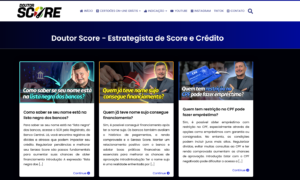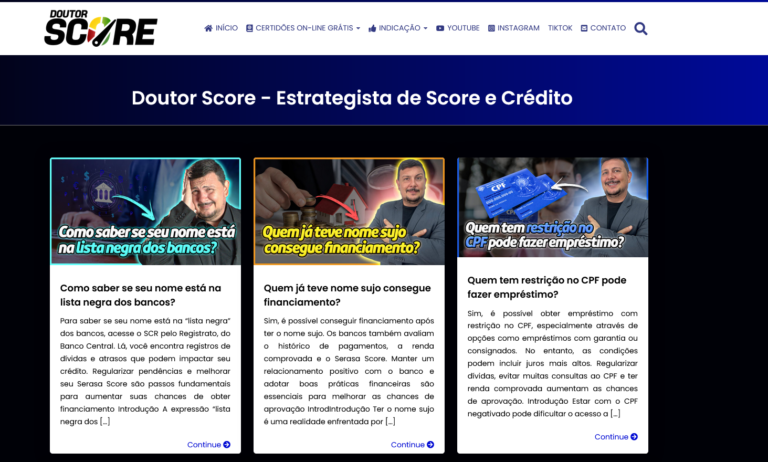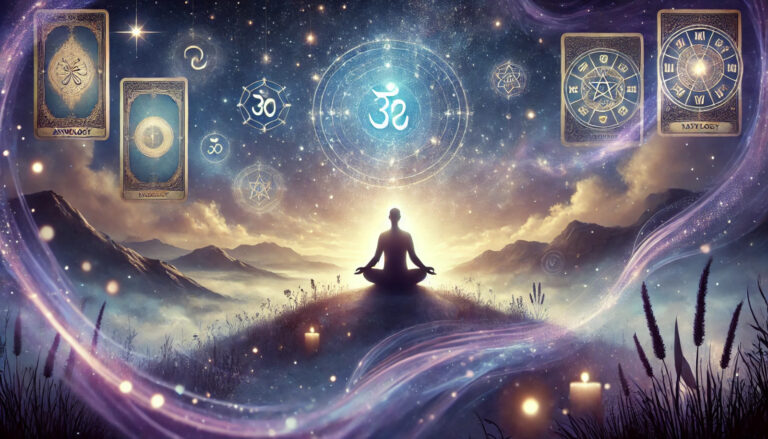Artist development programs hold immense potential to foster positive social change through the creative arts, particularly in the realm of music. These programs serve as catalysts for raising awareness and addressing pressing social issues within communities. In this blog post, we will explore eight key points regarding the significance and impact of artist development programs in addressing social issues.
Harnessing Creative Talent for Social Good:
Artist development programs provide a platform for nurturing the creative talents of individuals while simultaneously addressing social issues. By channeling their artistic abilities, such as music, spoken word, and dance, participants can effectively convey messages of unity, love, and social consciousness to their communities.
Community Engagement and Unity:
Through music artist development programs, communities can come together to engage in meaningful dialogue and action surrounding prevalent social issues. These programs serve as a unifying force, bringing together artists, community leaders, and individuals from diverse backgrounds to collectively address shared concerns.
Promoting Collective Consciousness:
The purpose of artist development programs extends beyond individual artistic growth; it aims to elevate the collective consciousness of communities. By organizing events and performances that highlight social issues, these programs encourage audiences to reflect on pressing concerns and inspire action toward positive change.
Empowering Artists as Advocates:
Artist development programs empower participants to become advocates for social justice and change. Through workshops, mentorship, and collaborative projects, artists gain the skills and knowledge needed to effectively address social issues through their creative expressions, amplifying their impact on a larger scale.
Creating Safe Spaces for Expression:
Music artist development programs provide safe and inclusive spaces for artists to express themselves freely, without fear of judgment or censorship. These environments foster creativity, authenticity, and vulnerability, allowing participants to explore sensitive topics and share their perspectives on social issues openly.
Fostering Cross-Cultural Understanding:
Inclusive artist development programs facilitate cross-cultural exchanges and collaborations, promoting greater understanding and empathy among diverse communities. Through music and art, participants can bridge cultural divides, challenge stereotypes, and celebrate the richness of cultural diversity.
Amplifying Marginalized Voices:
Artist development programs play a crucial role in amplifying the voices of marginalized individuals and communities. By providing a platform for underrepresented artists to share their stories and experiences, these programs contribute to greater visibility, representation, and empowerment within society.
Inspiring Action and Social Change:
Ultimately, the goal of music artist development programs is to inspire action and drive tangible social change. Through performances, workshops, and community initiatives, participants can mobilize audiences, spark conversations, and advocate for policy reforms and systemic improvements that address the root causes of social issues.
Wrapping Up:
Artist development programs serve as powerful vehicles for raising awareness and addressing social issues through the transformative power of music and the arts. By nurturing creative talent, fostering community engagement, and empowering artists as advocates for change, these programs have the potential to inspire meaningful action and contribute to a more just and equitable society.
As we continue to support and participate in artist development programs, let us embrace their capacity to ignite positive social change and strive toward a future where unity, love, and collective consciousness prevail. Together, we can harness the power of music and creativity to create a world that is more inclusive, compassionate, and just for all.



